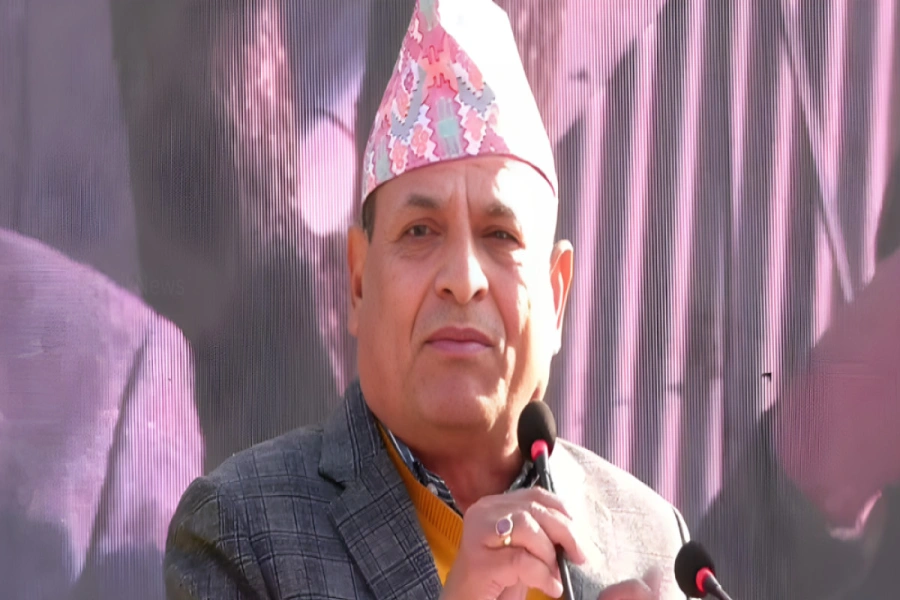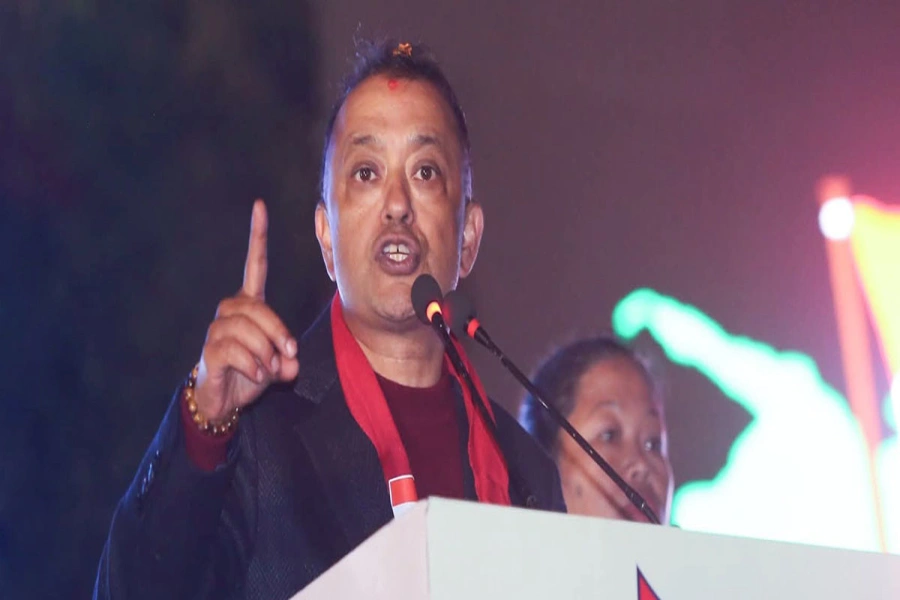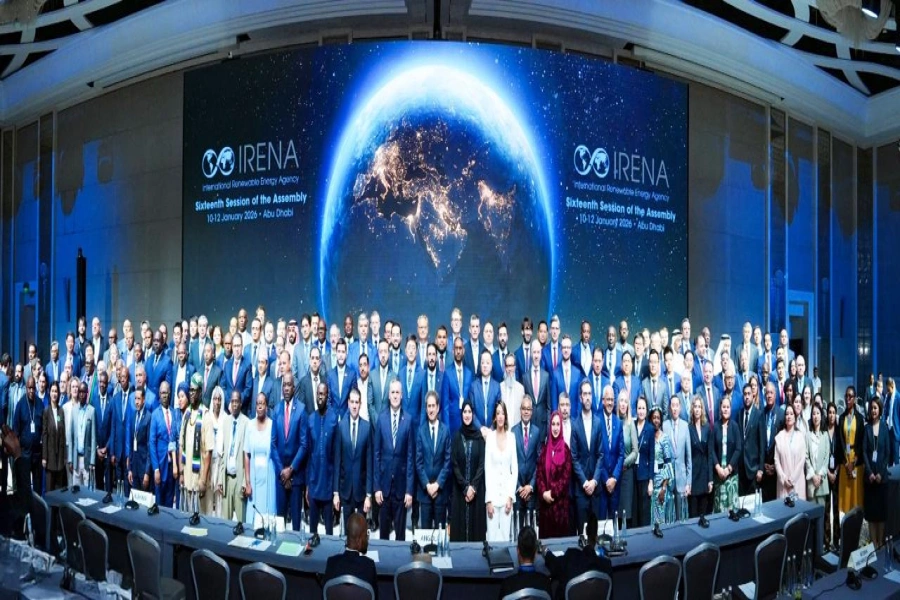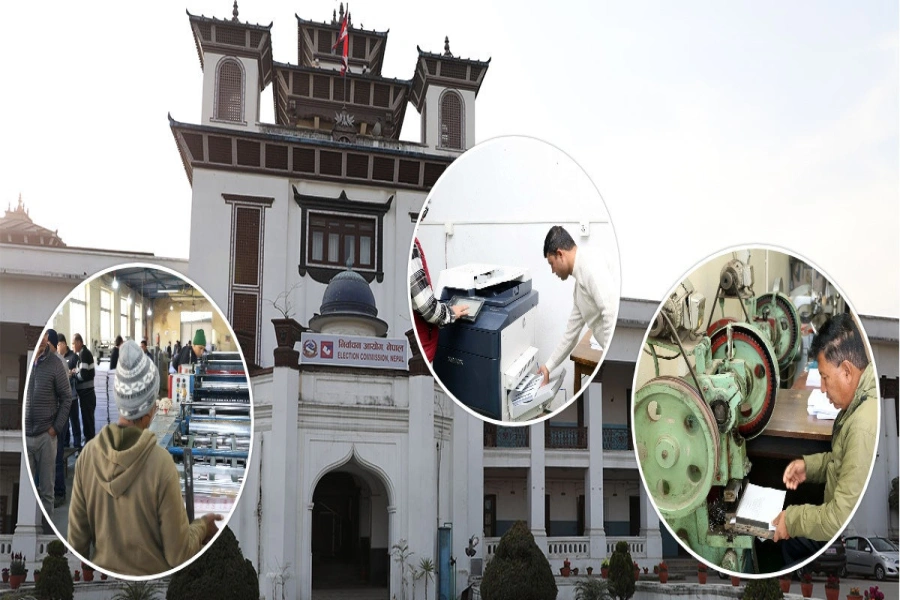Nepal has somehow managed to survive for decades with a mediocre higher education system. Now, as it competes for a respectable place in the globalized economy, the quality of higher education becomes increasingly important, requiring highly trained professionals.
Until now, Nepal has been able to survive only due to its educated population base and its modest reservoir of well-trained university graduates. But Nepal has a sizeable and growing youth population. The competition in the field of education is fierce, and Nepal needs to invest heavily in improving its universities with the aim of making at least a few of them ‘world class’ in the coming decade. As other Asian countries are bracing to upgrade their higher education by building world-class universities, lifting some Nepali universities to internationally competitive standards has become an imperative. [break]

Nowadays, a number of education fairs are being organized locally, targeting students who aim to pursue studies abroad. Several consultancies participate in these fairs. While some try to lure students to go abroad for higher studies, others desperately try to convince them against it, citing comparable and more affordable opportunities in colleges with foreign collaborations within Nepal itself. Faced with such conflicting messages, a student finds himself in a dilemma. While students do visit these fairs in large numbers and pick up brochures from many stalls, in the absence of proper guidance and purposeful counseling, they might go back home wondering why they went in the first place!
Holding such fairs should be motivated by the actual needs of students rather than by purely monetary considerations. The aim of such ‘edu-fairs’ should be to foster collaborative research programs, joint/dual degree programs, graduate and post-graduate programs, twinning and transfer programs, certificate programs, faculty and student exchange programs, study in Nepal programs, academic partnerships, and programs between local Nepali institutions and foreign universities. Such initiatives would be extremely useful in meeting the rapidly growing educational needs of Nepal and contribute to preparing students for competition in the global economy.
Overseas education
With the winds of liberalization blowing in Nepali economy, and the growing affluence of middle class, study in foreign countries is no longer just a dream for many. Students from Nepal are increasingly interested in higher education in foreign universities and in international career opportunities. The education fairs organized at regular intervals guarantee admission in foreign universities for all kinds of students, provided they meet the minimum admission criteria.
Many consultancies assist students through the entire application process, from identifying programs of study to the actual enrollment. These services are guaranteed to result in the admission of Nepali students to good accredited foreign universities. Students are given a wide range of options to study in the US, Canada, the UK, Australia, New Zealand, Germany, France, Ireland, Malaysia, or any other country.
No region on earth is growing faster or expanding its role in international affairs more quickly than Asia. And Nepal, an emerging SAARC country with a glorious past, rich cultural heritage, and one of the oldest civilizations on earth, has much potential to grow. If we can get good academic collaborations and provide quality education in our land itself, Nepal can emerge as a major educational hub.
Collaborations
Educational collaborations promote universal and equitable access to education, and help develop in students the knowledge, confidence, and requisite skills to become lifelong learners and competitors in a dynamic global marketplace.
Today, success is determined by access to knowledge. Knowledge is no longer an option; it is mandatory. But for us to transform into an international powerhouse, Nepal first needs to provide the best educational opportunities for its citizens. Faced with a growing demand for post-secondary education and paucity of resources, Nepal is looking to the private sector and foreign universities to bridge this gap. Nepal is a member of the World Trade Organization (WTO) and a signatory to the General Agreement on Trade in Services (GATS), thereby enabling high quality educational services to be offered in Nepal from around the world, especially from neighboring countries.
To compete successfully in the knowledge-based economy of the 21st century, Nepal needs enough colleges and universities that not only produce bright graduates for export but can also support sophisticated research in scientific and scholarly fields, and produce at least some of the knowledge and technology needed for an expanding economy. How can Nepal build a higher education system that will permit it to join developed economies?
Academic collaboration programs between foreign universities and Nepali institutions can meet the country’s rapidly growing educational needs by leveraging mutual capabilities. Such programs contribute positively to that lofty goal by giving students and faculty members much needed international exposure and global perspectives.
An encyclopedic work on higher education in Nepal and the future Agenda is a necessity of the present time. More than economic reforms, the need for educational reforms is imperative for Nepal.
The author is Assistant Manager of Business Development at Chaudhary Group
lamroshee@gmail.com
Gold price drops after a week reaching Rs 221,300 per tola






































